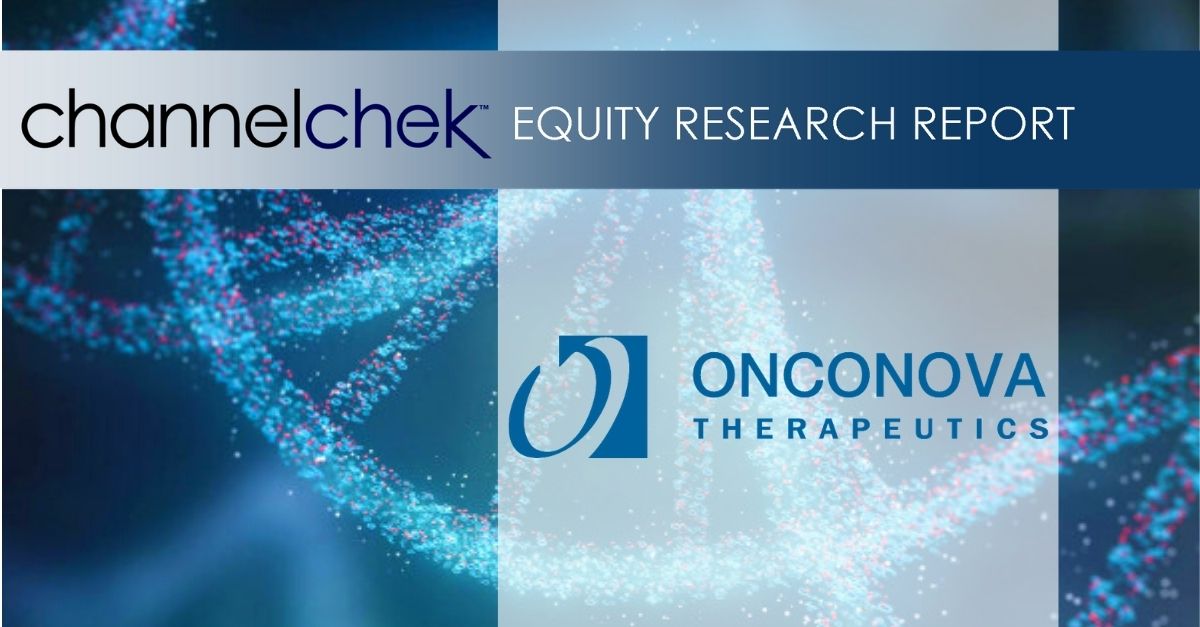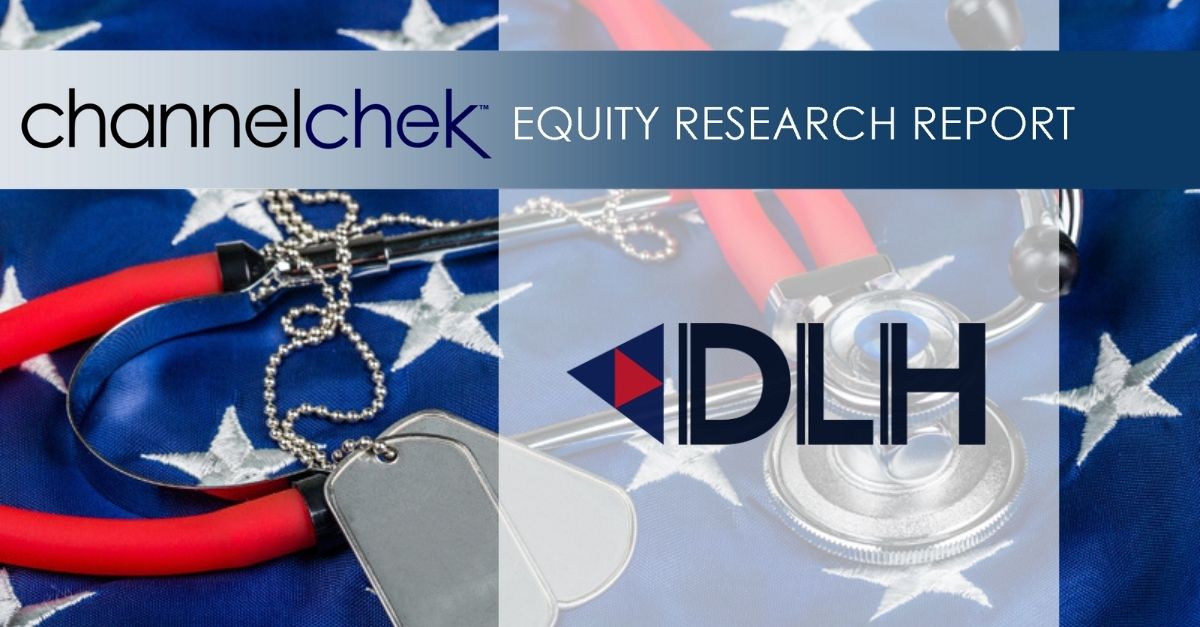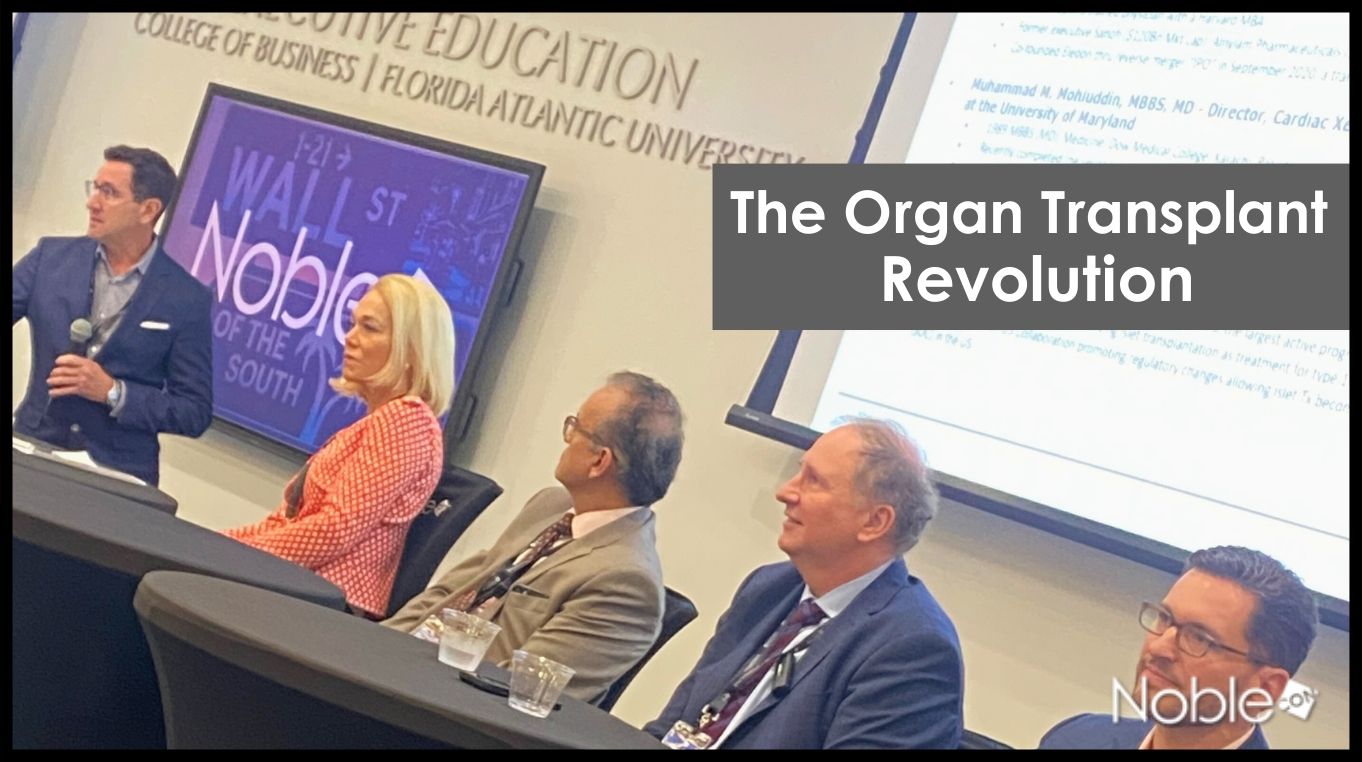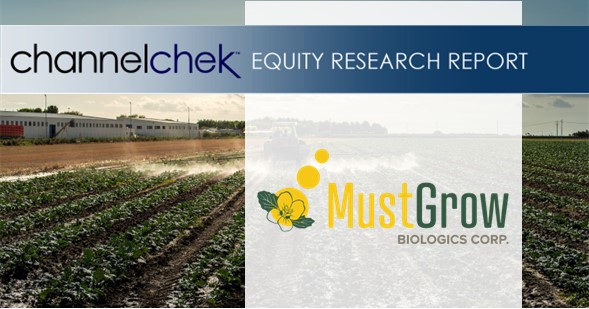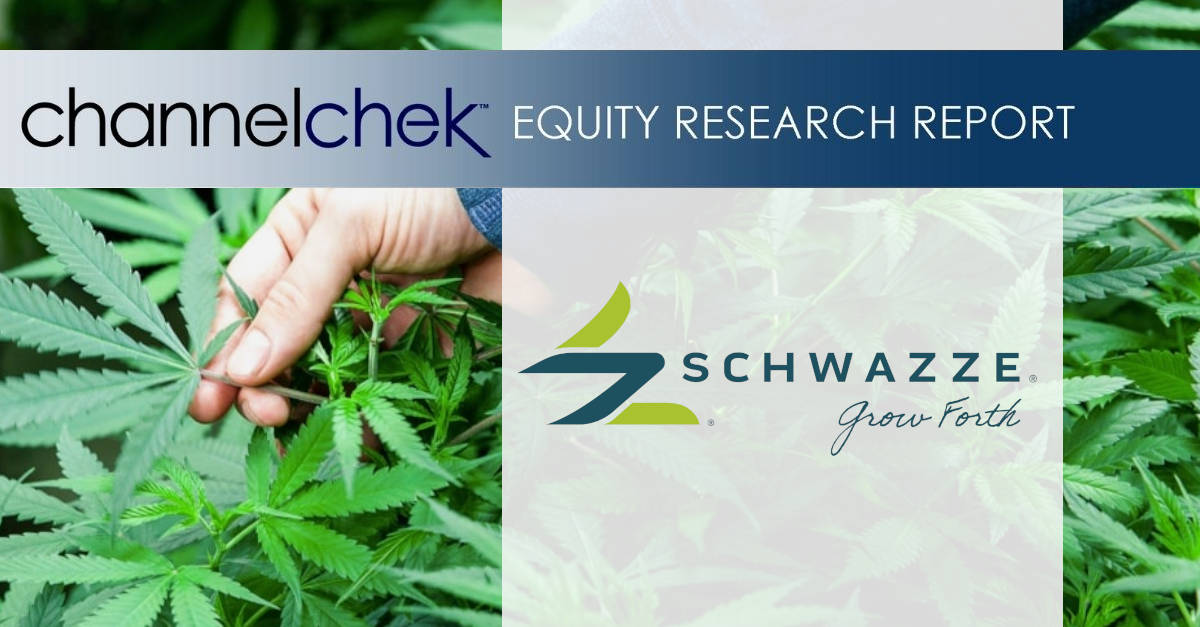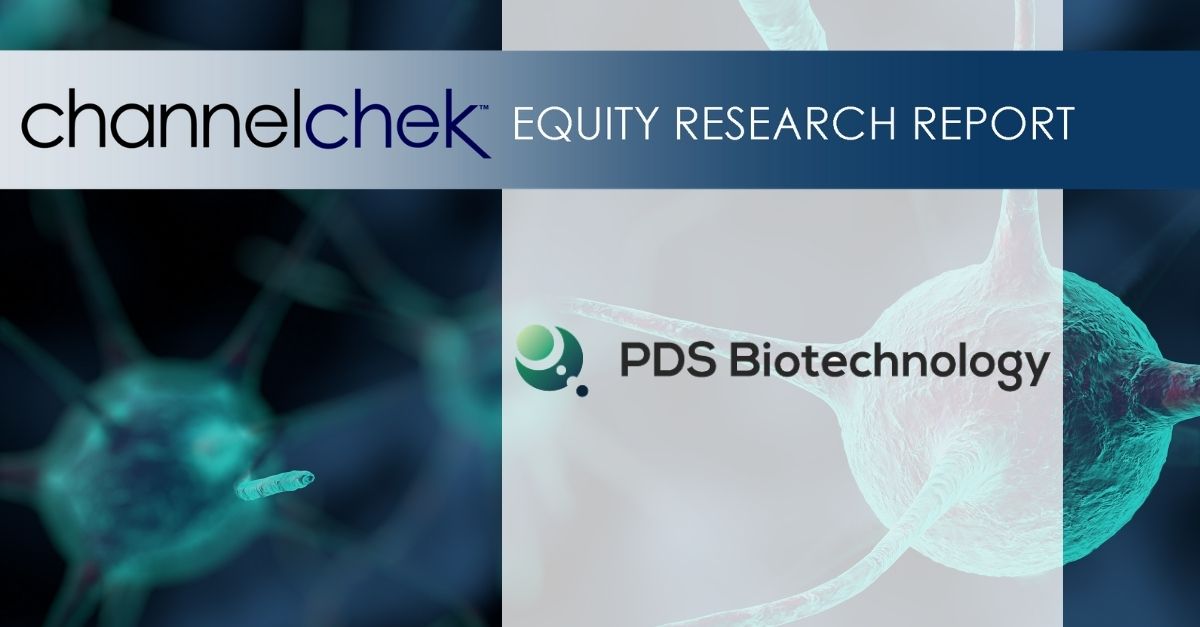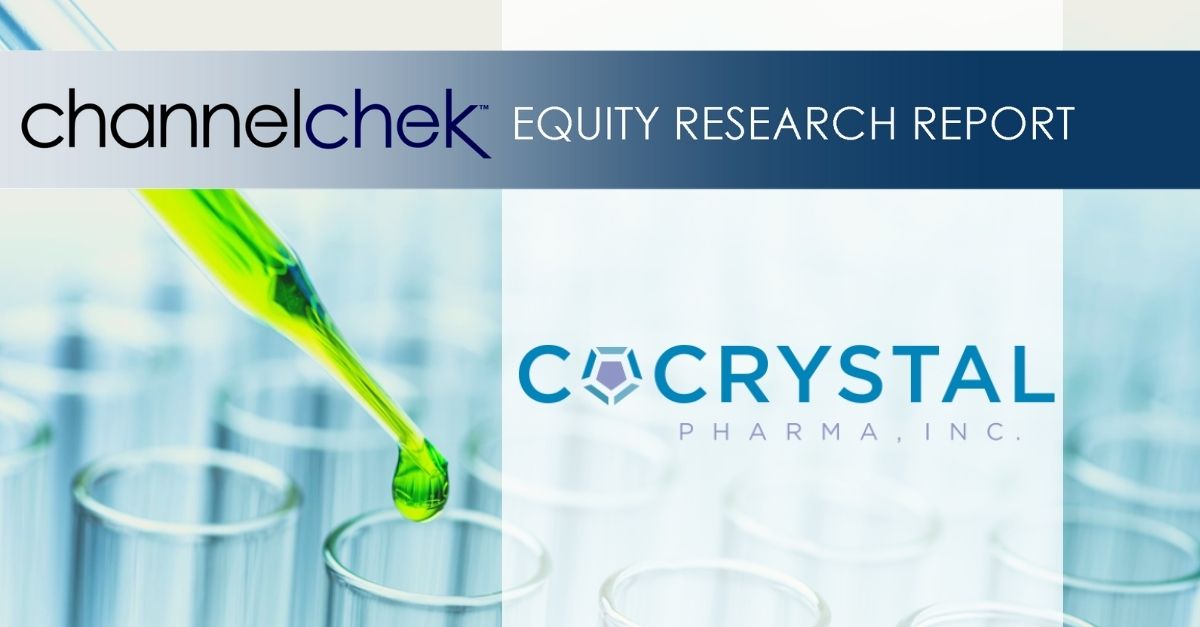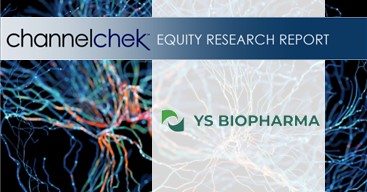The NobleCon19 panel discussion moderated by Nathan Cali, investment banker at Noble Capital Markets, on organ transplantation featured prominent figures in the field, including Dr. Karin Hehenberger, an organ transplant patient and founder of Lyfebulb, Dr. David Alexandre Gros, CEO of Eledon Pharmaceuticals, Dr. Muhammed Mohiuddin, director of the cardiac xenotransplantation program at the University of Maryland, and Dr. Pietr Witoski, surgery director of pancreatic and islet tranplant program at the University of Chicago. The discussion delved into their experiences, challenges in the organ transplant landscape, and revolutionary advancements, especially focusing on the concept of xenotransplantation.
Organ transplantation has come a remarkably long way since the first successful procedures in the 1950s and 60s. Yet there remain significant unmet needs and opportunities to further improve patient outcomes, quality of life, and access to these lifesaving procedures. At a presentation during NobleCon19, a panel of experts explored some of the latest breakthroughs and remaining challenges in areas ranging from immunosuppression to cross-species transplantation.
A Complex Treatment Paradigm
As patient-turned-advocate Dr. Karin Hehenberger related from personal experience, undergoing an organ transplant and living with a graft is filled with difficulties. The trauma of the surgery itself and needing immune-suppressing drugs just to avoid rejection deliver blows to physical health and mental wellbeing. This begins with a harrowing wait for a matching donor organ, continues through post-operative complications like infections, and extends for the rest of one’s life.
The panelists agreed the pressure on patients could be significantly reduced through innovation. More targeted immunosuppressants without harmful side effects would greatly improve quality of life after transplant surgery. Some emerging drug candidates like Eledon Pharmaceuticals Tegoprubart show early signs of progress on this front. There is also a global shortage of donor organs trailing far behind demand; new sources through xenotransplantation or regenerative medicine techniques could help resolve this shortage.
“We need a community where transplanted patients can come together, generate data, and advocate for change,” urged Dr. Hehenberger.
The valuable role of patient communities mirrors the interdisciplinary cooperation needed among the surgeons, specialists, social workers, and other caregivers that make organ transplantation successful. As Dr. Hehhenberger explained, the assessment process for transplant eligibility spans physical health, mental fitness, medication compliance, accessible transportation, and financial support. It is complex care with little margin for error.
An Evolving Market Landscape
Currently, the organ transplant market racks up over $5 billion in value each year and continues expanding at a steady pace. Much of this activity centers specifically around kidney transplants, where surgical innovations and public policy initiatives keep pushing the boundaries. As Dr. DA Gros noted, there are now a quarter million Americans living with a functioning kidney graft – proof of concept for an underappreciated treatment paradigm.
And yet, the surface has barely been scratched in terms of serving potential patients. Over half a million more remain tethered to dialysis as a stand-in for natural kidney function, with 125,000 added to this group annually in the U.S. alone. Dialysis generates its own burdens: decreased workplace productivity, infection risks, lower quality of life. From both humanitarian and financial viewpoints, empowering wider transition from dialysis to transplantation promises tremendous upside.
Experts on the panel targeted improved education around organ transplant options as a key opportunity. Many patients lack full information about the benefits transplant procedures can offer, or they confront social stigmas against this route. Policy revisions to widen access and increase support for lower-income patient communities could have an outsized impact as well.
Meanwhile, the business of organ transplantation continuously evolves. Major pharma companies like Bristol Meyers Squib remain heavily invested, yet a series of smaller players also drive momentum through novel immuno-therapy products. Audience members were encouraged to track firms like Aelix and Tacus for the next wave of clinical updates that will shape standard of care.
Pioneering the Future
Homing in on the future, speakers keyed in on barriers still to be conquered in transplantation medicine. While kidney procedures serve as a beachhead, there is a pressing need to expand reliable methods across more organ types while lengthening graft duration at the same time. This is no small task.
It will require rethinking conventional assumptions for a field that has relied predominantly on broad immune suppression since its inception. Some emerging biotech pipelines target specific T and B cell pathways implicated in chronic organ rejection, attempting to avoid toxicity associated with generalized immunosuppression. Early data hints at improved longevity for liver and heart grafts, but longer studies are still needed.
An even more radical solution highlighted by multiple panelists is the concept of xenotransplantation: introducing organs from other species like pigs into human patients. Recent demonstrations of human-pig heart and skin grafts saw patients survive months post-procedure compared to an anticipated span of days or weeks. The results electrified the transplant community given implications for essentially eliminating organ supply constraints.
That said, experts admit there are hurdles left to address before clinical adoption. Ethical quandaries exist around genetically modifying donor animals and infectious disease transmission risks from one species to another. Questions also persist about which immune pathways necessitate targeting for prolonged graft survival and how to refine the anti-rejection pharmaceutical regimens employed.
Signs point to countries with more flexible regulatory regimes as the likely springboards for refining xenotransplant methods and technology in the shorter-term. Yet the longer-term promise seems resoundingly clear. “If allowed, we will solve the organ shortage problem,” declared surgeon Dr. Peter Witoski when asked about outlook for the field.
A Call to Action
In closing the panel presentation, speakers underscored a sense of guarded optimism balanced with persistent unmet needs in transplantation medicine today. Limitations around donor organ supply and chronic graft failure continue exacting a real human toll, even if raw statistics showcase a steady rise in life-saving procedures overall.
It will take coordinated effort from policy makers, researchers, clinicians, investors and patient advocates to push new discoveries over the finish line – where they can impact the maximum number of lives. Key questions around optimal business models for novel therapeutics, data transparency, and equitable access are unlikely to solve themselves.
Yet the convergence of breakthrough technologies and innovative platforms for generating evidence, educating stakeholders and disseminating insights points toward a sea change for what the future may hold in this vital area of healthcare. The experts and audience members left the discussion around organ transplantation feeling energized to play their respective parts in driving that change.
Watch the webcast from The Organ Transplant presentation at NobleCon19 here

